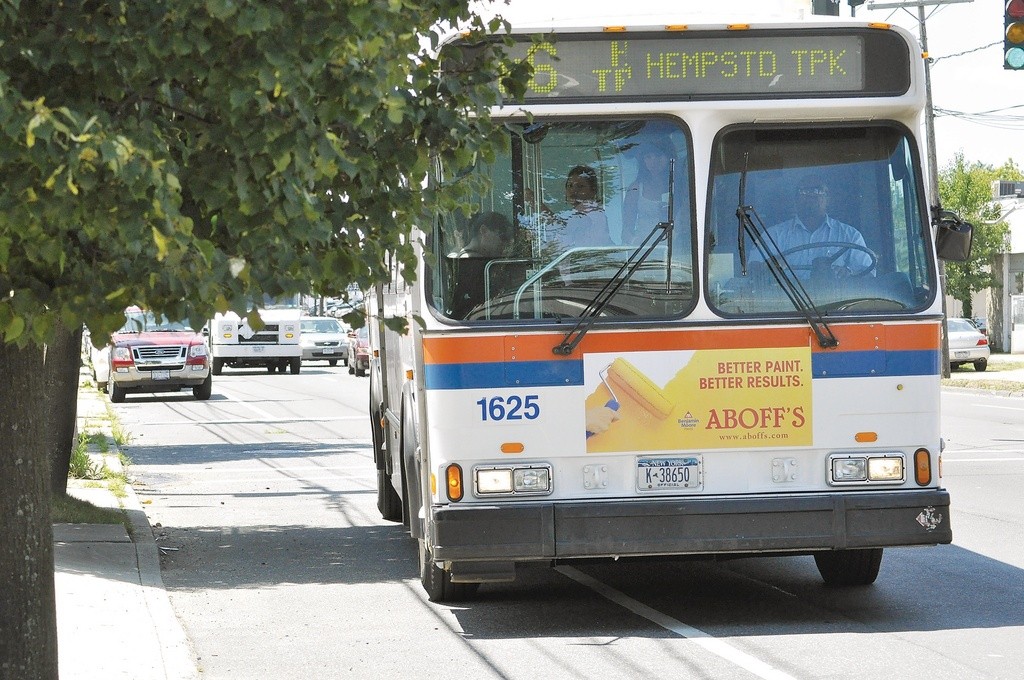Saving LI Bus requires political compromise
Tough times call for compromise and resolution, and for elected officials, legislators and community leaders to focus their energies on problem-solving.
Nassau County Comptroller George Maragos and select members of the County Legislature have demonstrated an understanding of that concept in their recent dealings with the Metropolitan Transportation Authority’s threat to cease operating the Long Island Bus System, which serves more than 100,000 people a day.
When the MTA announced last summer that it would cut funding and have the county pick up the $36 million tab, County Executive Ed Mangano responded with a refusal and said the county would instead explore privatization.
Maragos responded to the standstill by conducting a study. After four months of research, audits and calculations, and of exploring possibilities and seeking solutions, he recommended the most simple and straightforward option: compromise.
The findings of his study brought Maragos to the conclusion that it is best for the county to negotiate with the MTA and for the two to share their fiduciary responsibility to Long Island Bus riders. Privatization, the study suggested, is a last resort: It would likely result in higher operating costs, the loss of state funding, service cuts and fare increases.
It appears more sensible to stick with what we’ve got and work to improve it than to start anew and risk losing one of Long Island’s most vital public transportation networks. The MTA has shown a willingness to reach out and give the county more time to take over funding of the LIBS.
Mangano should shake that hand, at the very least, and consider the possibility of working out an agreement. Shunning the hand and turning away the option would only guarantee that, come 2011, the Long Island Bus System would be gone.
But the MTA must do its part, too, according to Maragos’s study. The transportation agency would fail to uphold its state charter if it pulled the plug on an entire bus system because it could no longer fund it.

 60.0°,
Overcast
60.0°,
Overcast 




